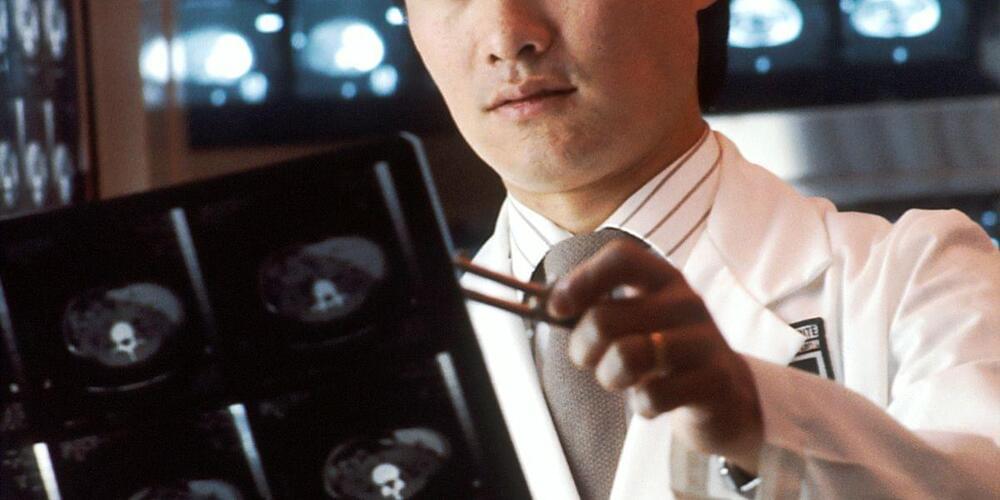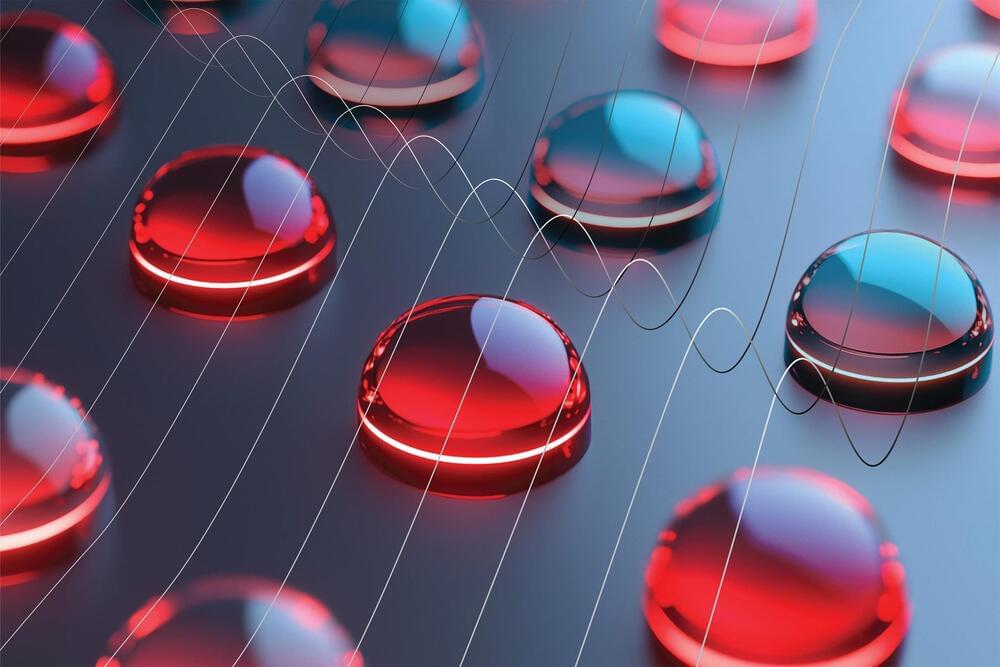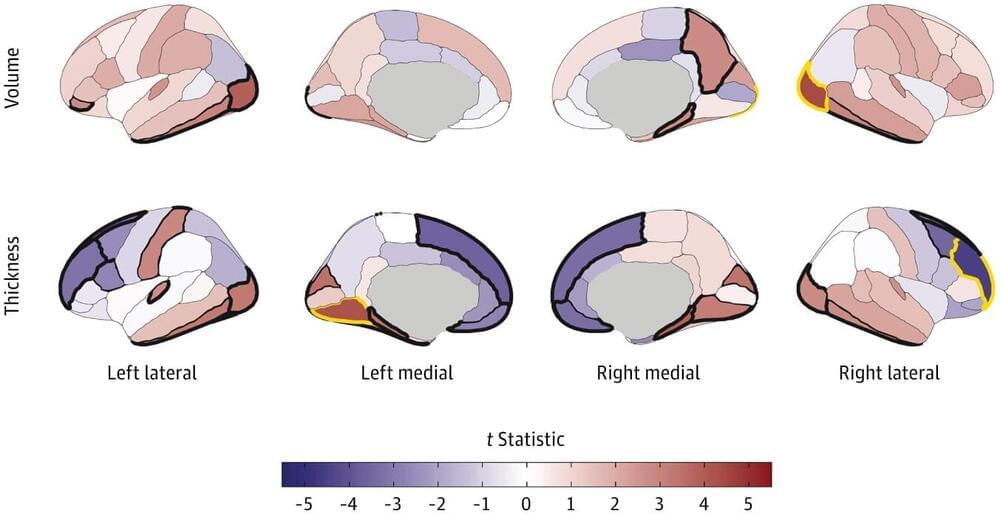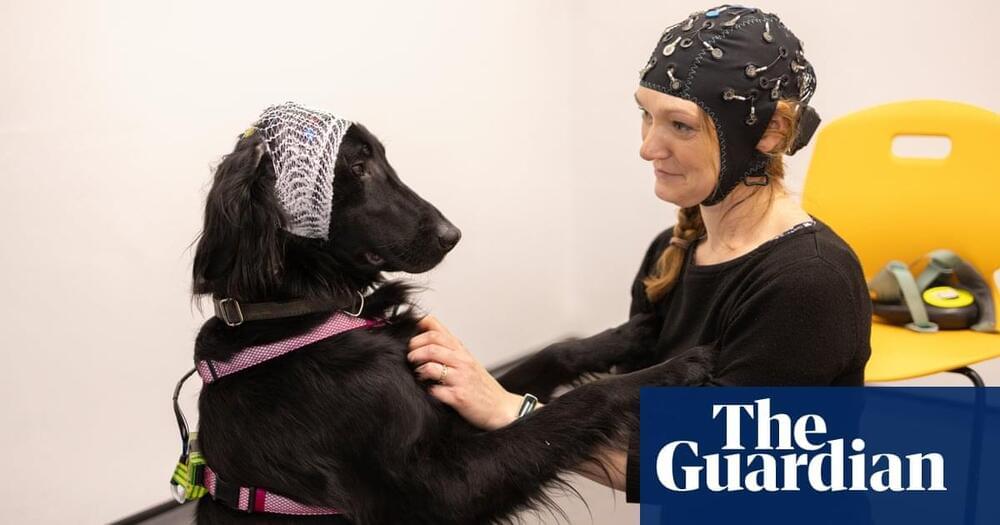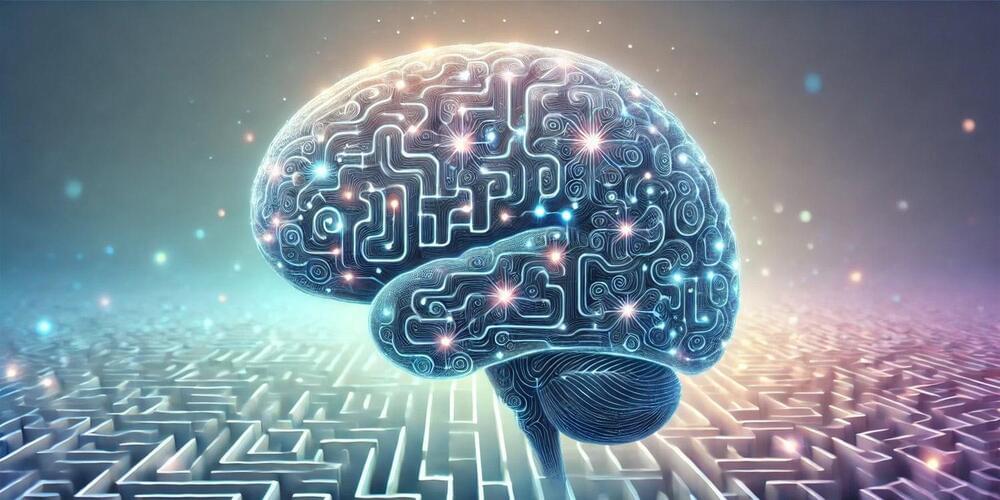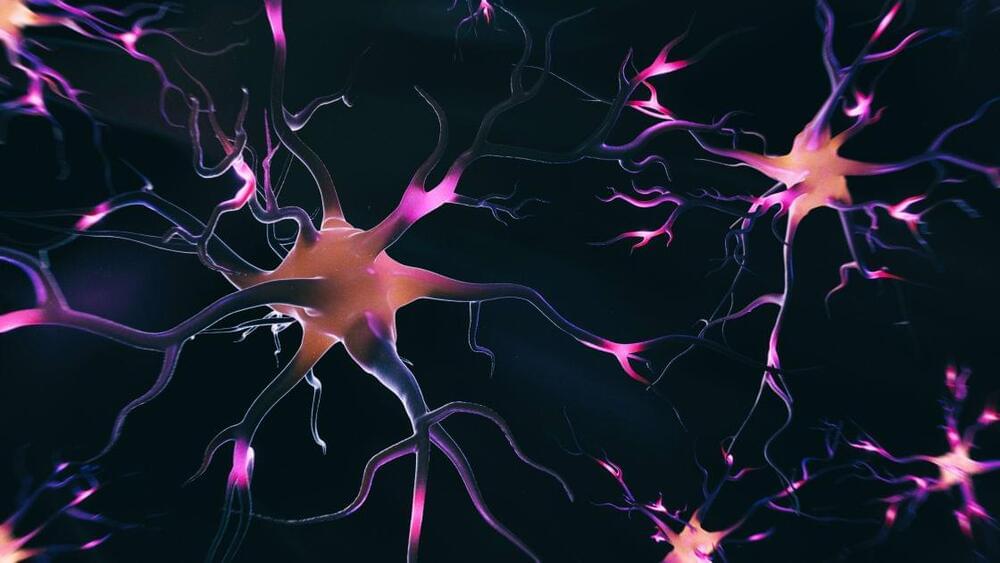What if the secret to slowing down aging was hiding in our brains? A groundbreaking study by researchers at the Allen Institute for Brain Science in Seattle, published in Nature in January 2025, may have uncovered some exciting clues. Using cutting-edge technology, the team analyzed over 1.2 million brain cells from young and aged mice to understand how they change with time. They found that certain cells become inflamed, while others lose critical functions, and all eyes are now on the hypothalamus as a key player in the aging process. These findings deepen our understanding of aging and could pave the way for treatments that keep our brains younger for longer.
